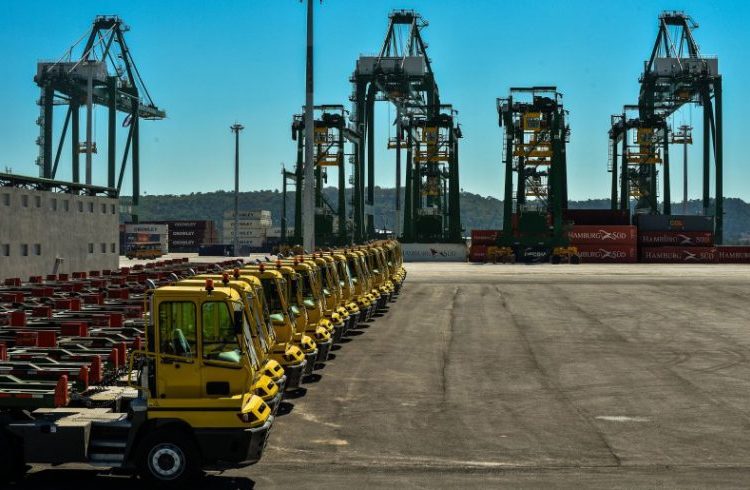The continuation of the Mariel project has been stopped until further notice due to the freezing of the payment in installments of the loans granted by the National Bank for Economic and Social Development (BNDES) – Brazil’s Promotion Bank – to the Odebrecht construction company, in charge of the works in the Cuban port.
The Brazilian company will be unable to honor its commitments and ongoing businesses in more than 20 countries due to the Bank’s decision to exhaustively check its operations. The origin of the decision is the denunciation made against its president, Marcel Odebrecht, former President Luiz Inacio Lula da Silva and another nine persons for supposed corruption and money laundering crimes in the framework of the Petrobras case.
BNDES has published a list of the companies that will undergo a detailed check of the projects it is financing, and it reserves the right to terminate them unilaterally if it considers there are irregularities in them.
In relation to Cuba, BNDES had financed the export of some 400 Brazilian companies, led by Odebrecht, for a value equivalent to 70 percent of the total amount for carrying out the Special Development Zone project. These were made in association with the Cuban Quality. These agreements were reached in the framework of the favorable political relations that existed between both governments, and Brazil’s intention of becoming the island’s principal partner in the region.
The project demanded 957 million dollars’ worth of investments, of which 682 million were financed by Brazil and the rest were contributed by Cuba. To approve the credit, the BNDES agreed with the Cuban government that out of the 957 million that were needed, proven Brazilian goods and services for the value of at least 802 million dollars would be purchased from Brazil.
The works carried out included the modernization of the Port of Mariel, an International Container Terminal, the drainage of the Entrance Channel and the Manobras Basin, the construction of 700 meters of piers for the Container Terminal, a cargo center, yards, water supply and waste treatment networks and the entire infrastructure for the supply of electricity.
The creation of the new terminal, with capacity to move one million containers (TEU) per year, demanded the improvement of the logistic structure for the port. For this 11 km of roads and railroad lines to connect with the port were built.
According to its webpage, Odebrecht’s businesses in Cuba included not just the Mariel Project, but also the management of the 5 de Septiembre sugar factory and the reform and expansion of the Havana airport, but the latter project was given to France as part of the most recent agreements between Cuba and that European country.
However, the loan of 150 million to expand and modernize Havana’s José Martí International Airport, the expansion of Santa Clara’s airport and the purchase of equipment for the terminals of Holguín, Cayo Coco and Cayo Largo had been signed last August with a term of 189 months and a 7 percent annual interest.
Faced by this situation of uncertainty, until now no statements have been issued by the Cuban party about the possibility that the pending operations (about which there is no precise information either) in the Development Zone pass on to other foreign companies interested in them, or if Cuba will decide to maintain the commitments assumed with Odebrecht.










